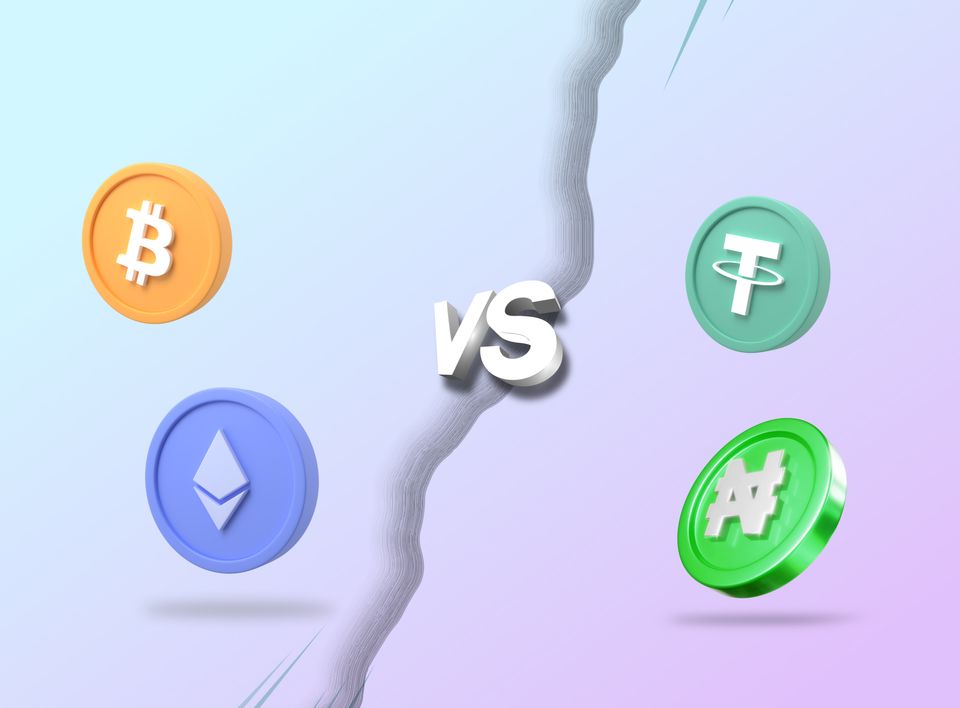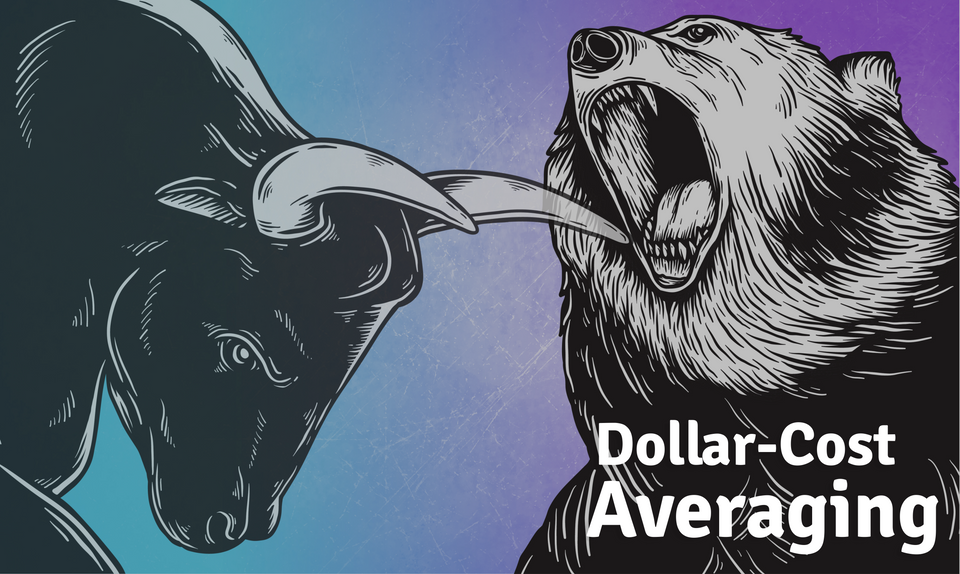Common Crypto Trading Mistakes To Avoid
If you’ve been crypto trading for a while, some of these mistakes may already be familiar, but you may not know how to keep them from happening. If you’re a new trader, this is your chance to sway the trade game in your favour.
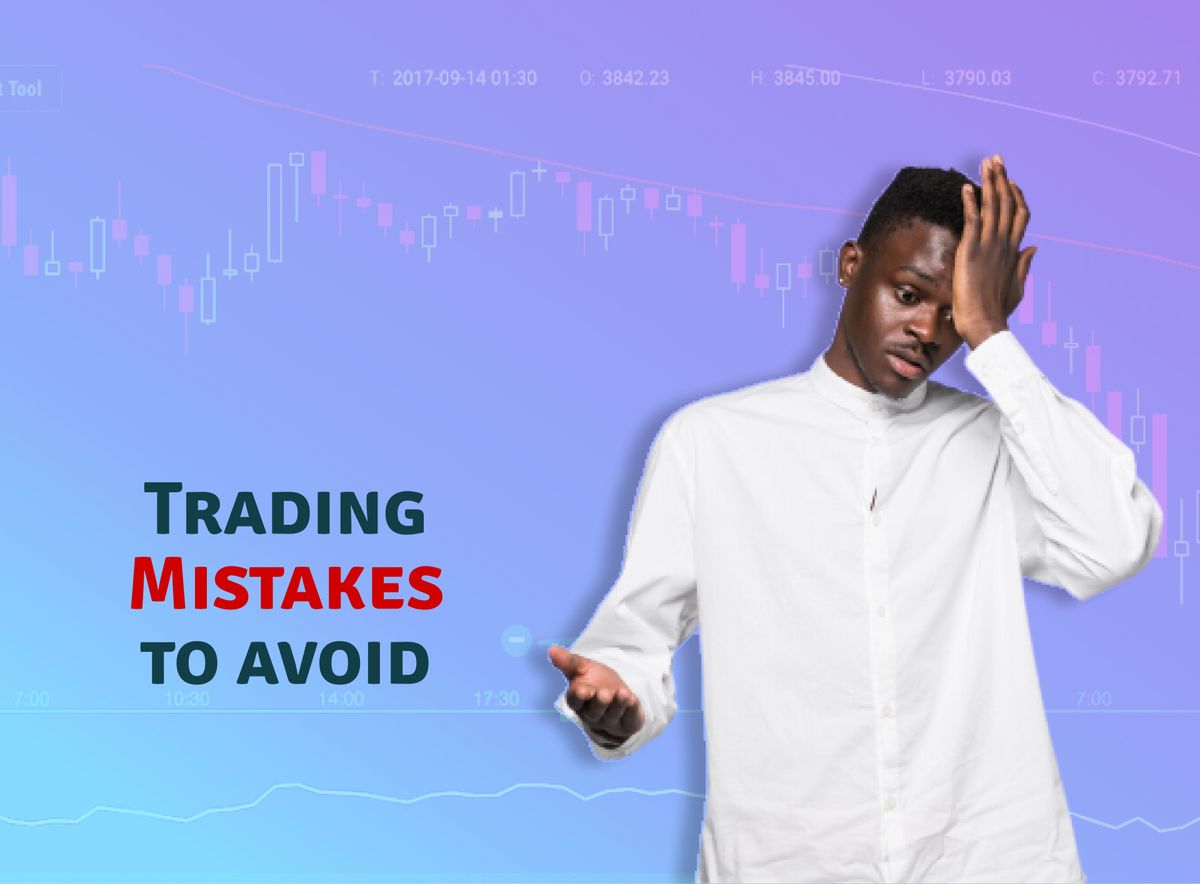
TABLE OF CONTENTS:
- Introduction
- 8 Common Crypto Trading Mistakes To Avoid
- Takeaway
- FAQs
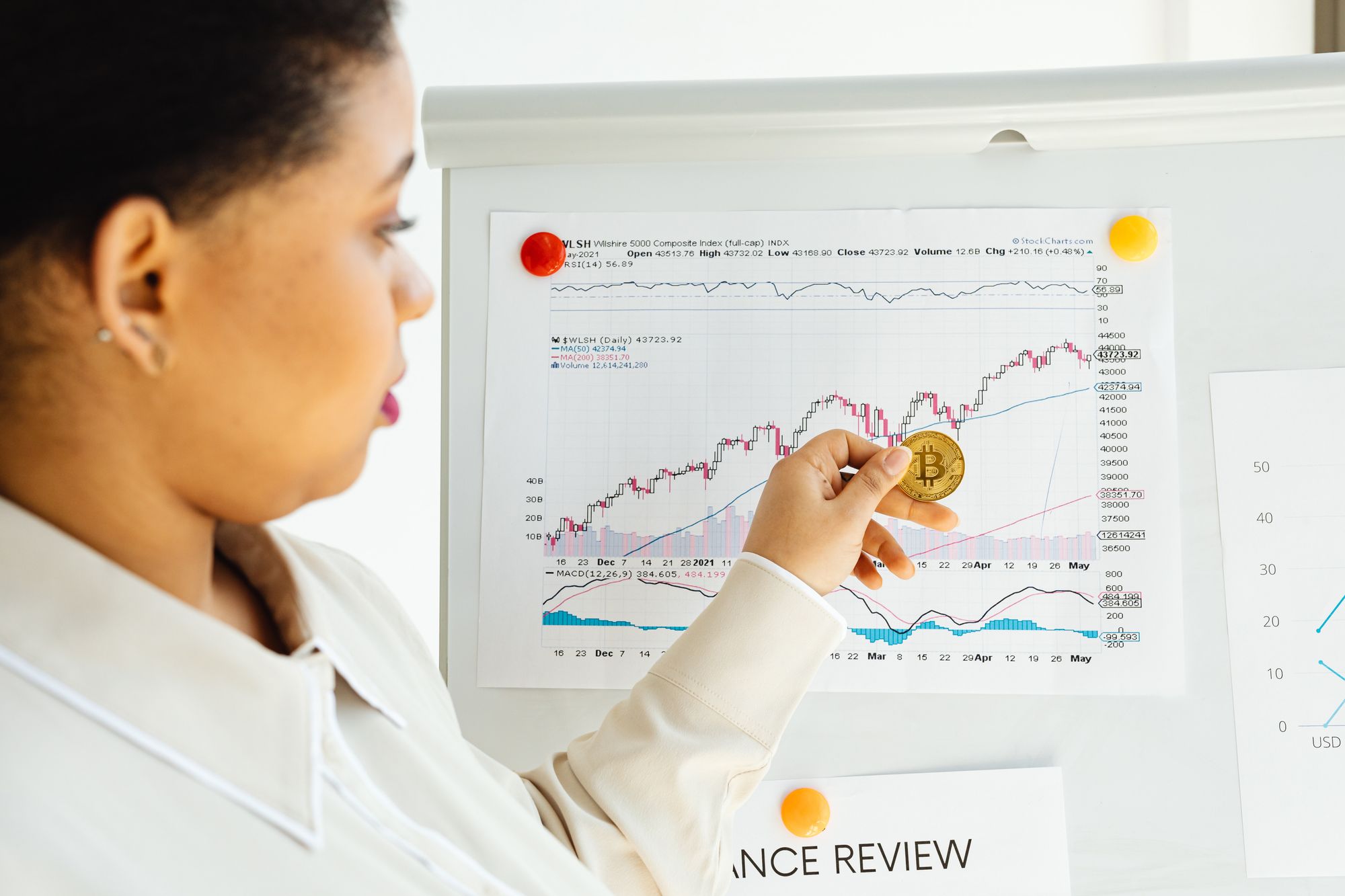
Introduction
Crypto trading can be highly rewarding and also highly frustrating. As a new trader or even an experienced one, there are several mistakes to be wary of while dealing with cryptocurrency.
Crypto assets are known for their volatility; which means coins and tokens rise and fall unpredictably. Bearing this in mind, it is important to know the common mistakes that can happen while trading.
If you’ve been crypto trading for a while, some of these mistakes may already be familiar, but you may not know how to keep them from happening. If you’re a new trader, this is your chance to sway the trade game in your favour. Regardless of which camp you fall into, this list of trading mistakes is one you should pay attention to. Not only will it help you avoid unnecessary loss, it just might also help you make profit.
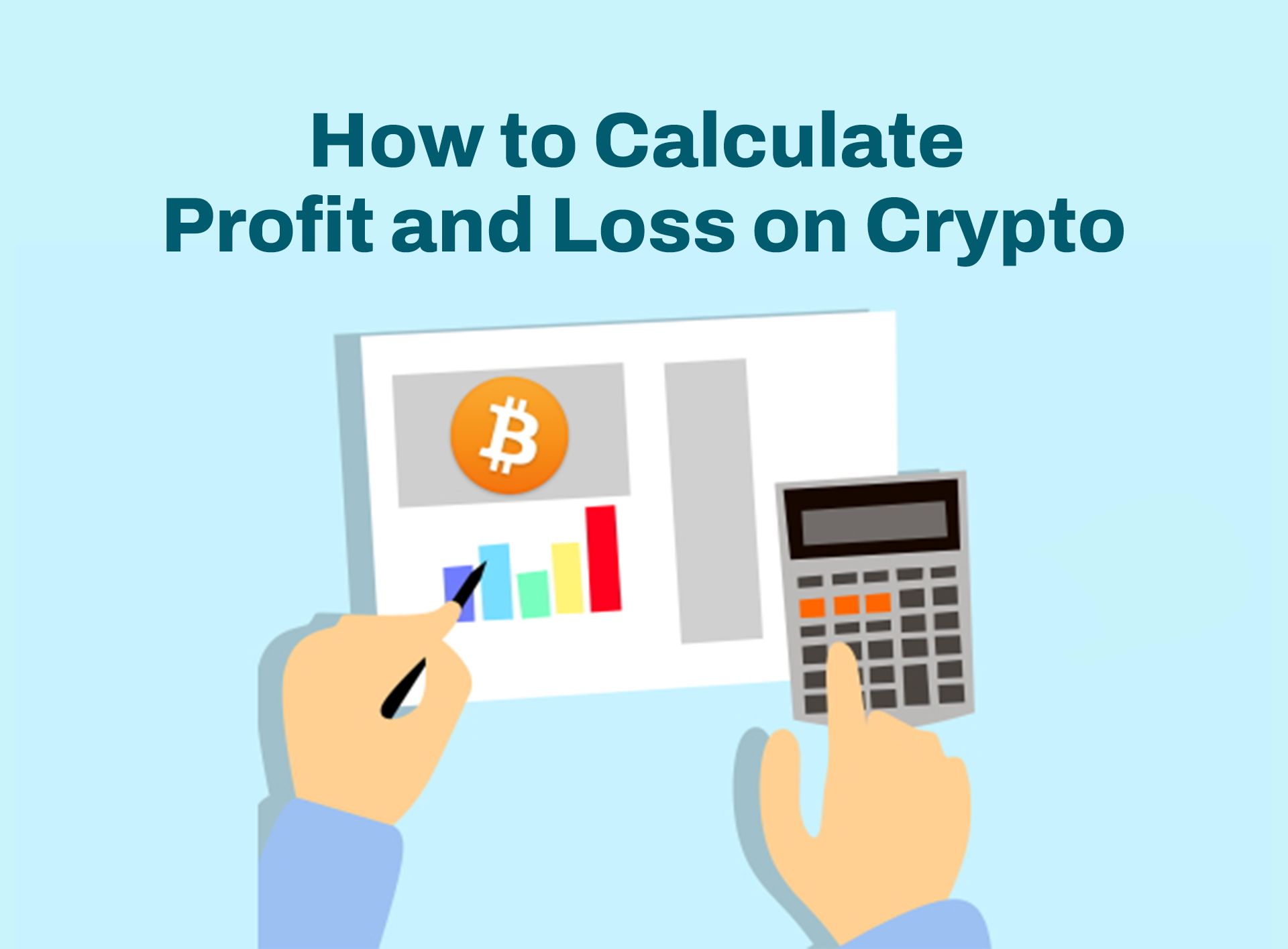
8 Common Crypto Trading Mistakes To Avoid
1. Lack of Research and Analysis:
Many traders go into the crypto market without doing due diligence or technical analysis. They typically select a popular coin and start trading in it. Or they get into staking or other DeFi ventures without having adequate knowledge of how it operates. If you’re lucky enough, the coin or token could take off and bring a lot of gains. On the other hand, the coin could dump and leave your trading portfolio red.
To reduce the chances of losing money, research as much as possible about crypto. Find out what the cryptocurrency terms mean, how legitimate coin offerings run vs scam coins and how successful traders operate in this volatile market. A good place to start is by reading this quick article about crypto terms.

2. Using Money To Trade Rather Than Paper Trading:
"Practice makes perfect" is a cliché saying, but it holds true, especially for ventures like crypto trading. With that being said, it is highly unadvisable to use real money to practice navigating the market. Instead, use paper trading.
Paper trading simply means trading assets using a cryptocurrency market simulator. It is a great way to practice trading strategies, make mistakes, and sharpen your skills without risking your funds. There are numerous crypto trading simulators, such as eToro, BitMEX, TradingView, and CryptoHopper.
3. No Stop-Loss:
The ability to accept losses and move on quickly is a must-have for any trader who wants to thrive in the crypto market. If you don’t set a stop-loss order and follow it, you will lose money heavily and often. Once the stop-loss kicks in, move on to the next trade to avoid wrecking your account.
4. Falling Prey to Pump-and-Dump Schemes:
A pump-and-dump scheme occurs when the owners of a cryptocurrency project artificially inflate the value of their token or coin to make a fast profit. They can do this by hiring Twitter or Instagram influencers to “hype up” a particular token or coin to increase its value. Once the value is high enough, these influencers and scammers sell the asset, disappear with the profit, and leave everyone else at a loss.
Another way this scheme works is through Discord/Telegram groups that send out coin or token trading signals. Following these signals is typically a waste of time or money, especially when thousands of people are acting on the same signal. What will most likely happen in such cases is that the major gain has already been gotten and the group admins are just trying to exploit beginner traders. The best way to take advantage of such signals is to use them as a trading indicator and not a real trade to invest in.
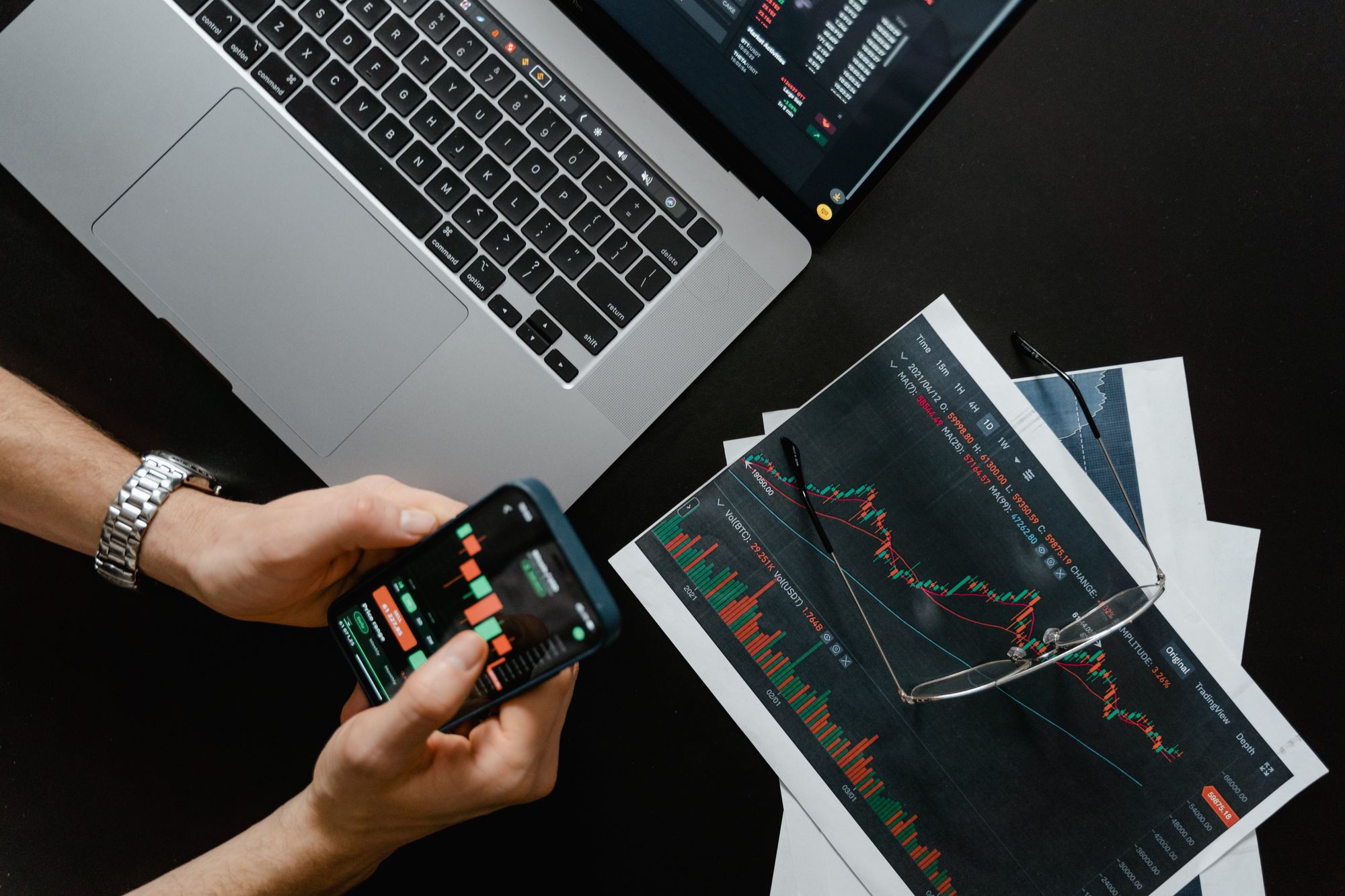
5. No Trading Strategy:
There are several crypto trading strategies traders can use. A common mistake many beginner traders make is to dive into the market without having a solid trading plan.
In the volatile world of cryptocurrency trading, knowing which trading strategies to implement at different points in the market can mean the difference between making a profit and losing everything you've invested.
To start your journey into different trading strategies, look into Day Trading, Dollar Cost Averaging, Scalp Trading and Spot Trading.
6. Trading Above Your Financial Risk Level:
Although crypto is a path to financial freedom and gains, it is not worth trading above your financial limit. Taking risks can bring rewards, but they can also wipe out your finances completely. Know your capabilities and stick to them. Do not blow all your money on a trade. Moderation is key.
7. Using Leverage:
Leverage Trading basically means using borrowed capital to invest in cryptocurrency. You can borrow capital from brokers to increase your buying capacity and offer increased profits. This type of trading is very risky and should only be done by seasoned traders who have been profitable for a consistent period of time. Do not get into leverage trading if you are a beginner or an average trader.
8. Revenge Trading:
Revenge trading is when traders move on to another trade immediately after a big loss because they want to recover from the loss. This is usually a bad move because it can compound your losses and is usually driven by fear as well as frustration.
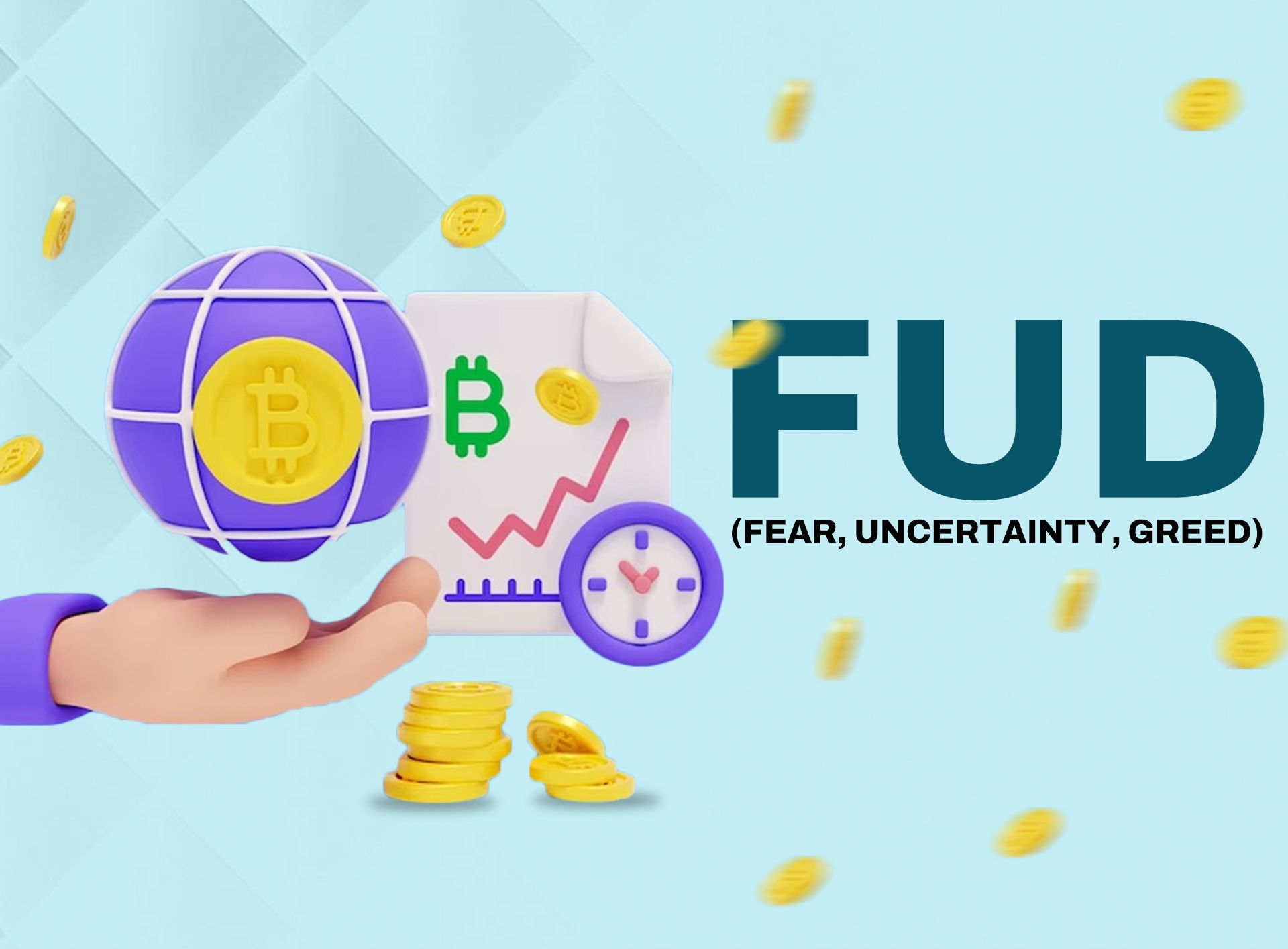
It is highly advisable to rethink your strategy after suffering a heavy market crash or investment loss. Always keep in mind that no trader has ever won 100% trading rewards. As long as you have a solid risk-reward ratio, your crypto portfolio will stay positive and you won’t need to revenge trade.
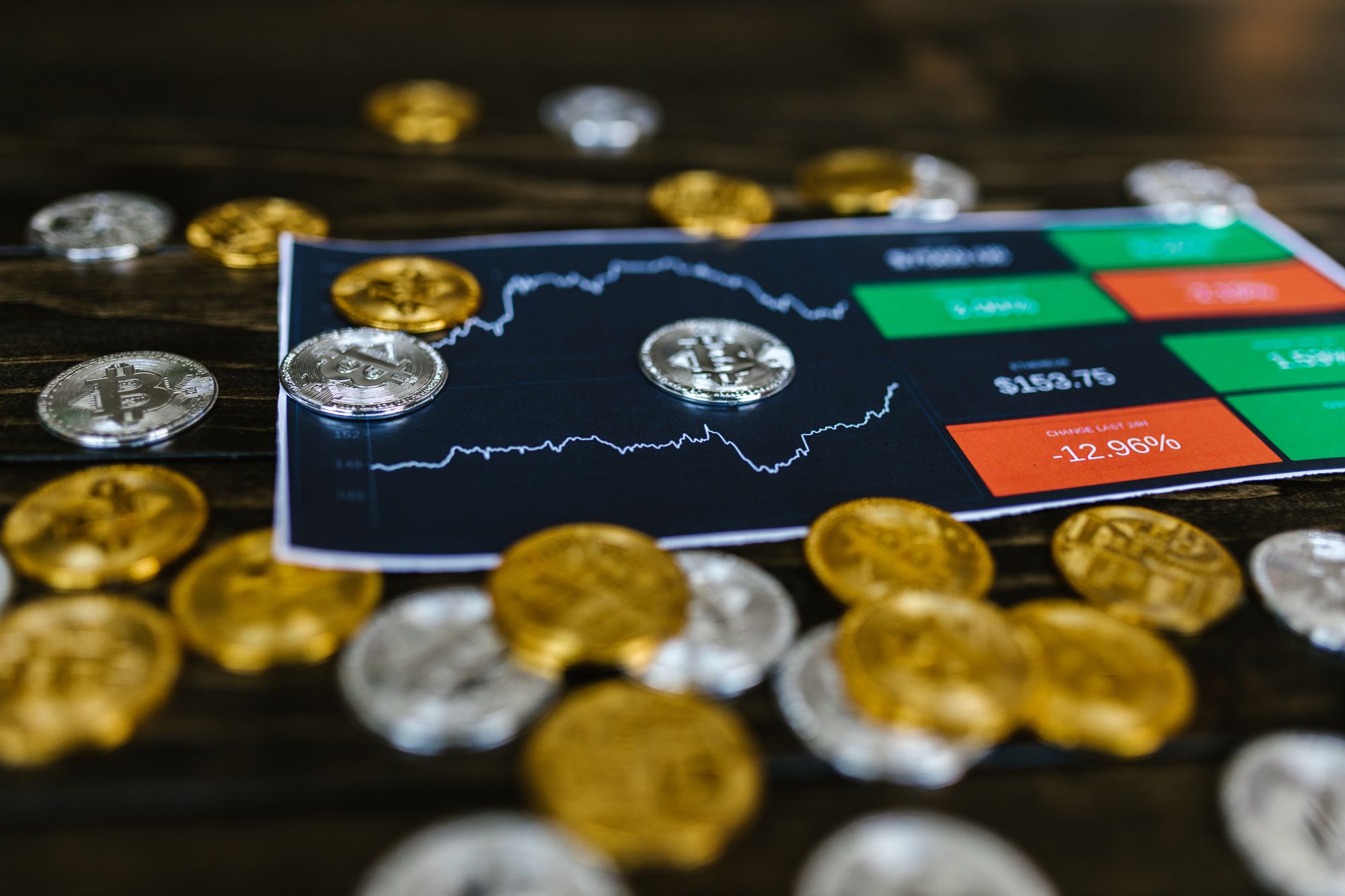
Takeaway
Crypto trading is not an easy get-rich-quick scheme. It requires strategy, patience and logical thinking. Nonetheless, as long as you remain wary of the mistakes explained above, you are more likely to stay within the profit margin of trading.
FAQs
Q1. What is the biggest mistake new crypto traders make?
A1. The biggest mistake is not doing enough research. Many new traders jump in without understanding the market, leading to poor decisions and losses.
Q2. Why is it important to have a trading plan?
A2. A trading plan helps you stay focused and avoid emotional decisions. It outlines your strategy, risk tolerance, and goals, reducing impulsive trades.
Q3. How can emotions affect crypto trading?
A3. Emotions like fear and greed can lead to impulsive decisions. This often results in buying high and selling low, which can cause significant losses.
Q4. What is overtrading and why should it be avoided?
A4. Overtrading is making too many trades in a short period. It increases transaction fees and the risk of mistakes, leading to potential losses.
Q5. Why is diversification important in crypto trading?
A5. Diversification reduces risk by spreading investments across different assets. If one asset performs poorly, others may perform well, balancing the overall outcome.
Q6. What are the risks of not using stop-loss orders?
A6. Not using stop-loss orders can lead to significant losses. A stop-loss order automatically sells your asset when it reaches a certain price, protecting you from further loss.
Q7. How can one avoid falling for crypto scams?
A7. Avoid offers that seem too good to be true, and always verify the legitimacy of a project or exchange. Do thorough research and use well-known platforms.
Q8. What is FOMO and how can it impact trading?
A8. FOMO, or Fear Of Missing Out, can lead to hasty decisions. Traders may buy an asset at its peak, driven by the fear of missing potential gains, which often leads to losses.
Q9. Why is it crucial to stay updated with market news?
A9. Market news can affect asset prices. Staying informed helps you make better trading decisions and anticipate market movements.
Q10. How does using leverage increase risk in crypto trading?
A10. Leverage allows you to trade with borrowed funds, increasing both potential gains and losses. If the market moves against you, you can lose more than your initial investment.
Disclaimer: This article was written by the writer to provide guidance and understanding of cryptocurrency trading. It is not an exhaustive article and should not be taken as financial advice. Obiex will not be held liable for your investment decisions.


